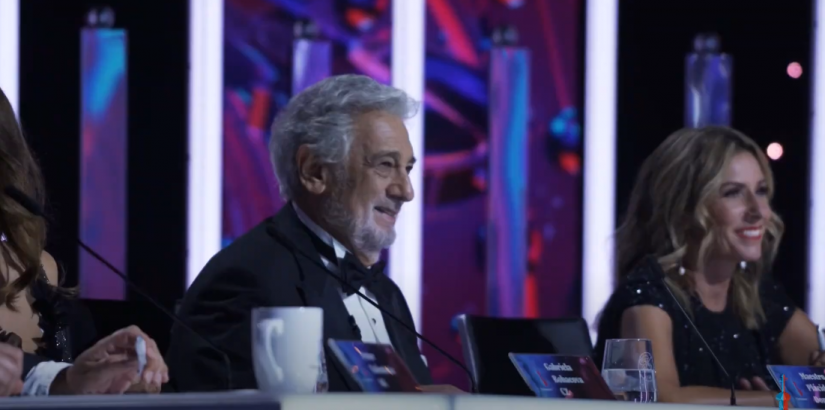| The 6th season of Hungary’s popular classical music talent show debuts this autumn. Virtuosos V4+, We play the same language will air on Duna TV in Hungary from November 27, featuring talents from the Visegrad Four countries of Czechia, Hungary, Poland, and Slovakia, plus Serbia. The series is made possible with the support of the Ministry of Human Capacities of the Hungarian Government. The aim of the talent show, which also serves an educational purpose, is to promote the classical musical diversity of the participating countries as well as their common cross-border culture in Central and Eastern Europe. |
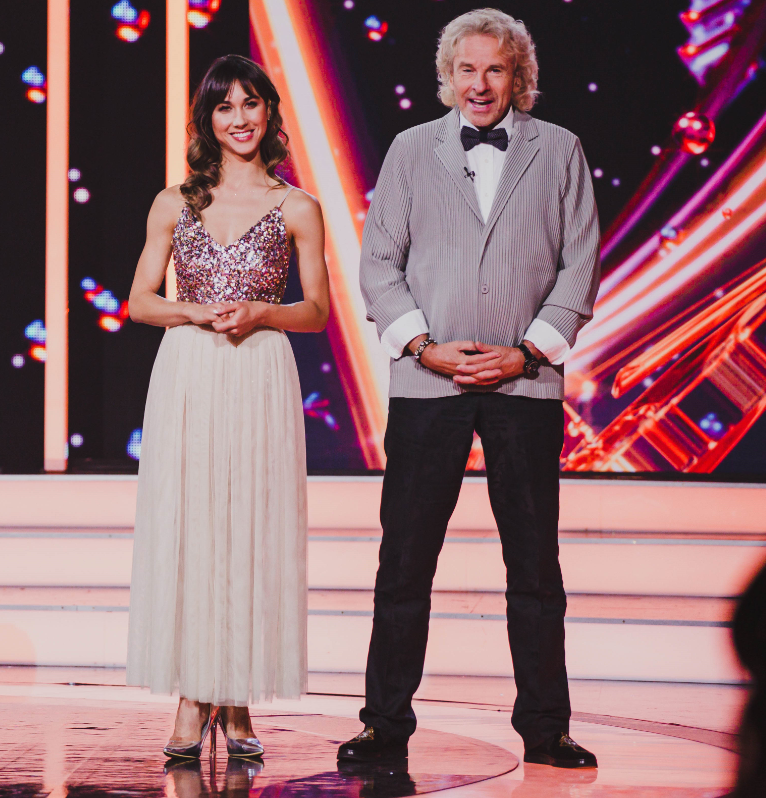
Mariann Peller, creator, founder and producer of the Virtuosos show, said that since its establishment six years ago, the production has sought to support community, collaboration, the music of the future, and the management of talent.
“The mission of the program is to support a young generation that is proud of itself, its values and culture, and is working to improve the world; we seek to provide them with spiritual food and cultural richness. This is the generation that can help this region move to the forefront of cultural and economic fields on a global scale. The idea of Virtuosos V4+ came about at the very beginning, with concrete negotiations starting during Hungary’s last V4 presidency. As Hungary will take the presidency again next year, the time has now come for the dream to become a reality, and for this, an unprecedented cultural collaboration must materialize.”
Beginning November 27, TV channels from all five participating countries (Hungary, Poland, Slovakia, the Czech Republic and, as a guest, Serbia) will air the program. The program will reach up to 70 million people, featuring the rich musical traditions, wonderful sights and great music venues of these countries. Perhaps some will gain an appreciation for classical music as well. At the same time, the audience will be treated to the rich culture and unique musical traditions of each participating country.
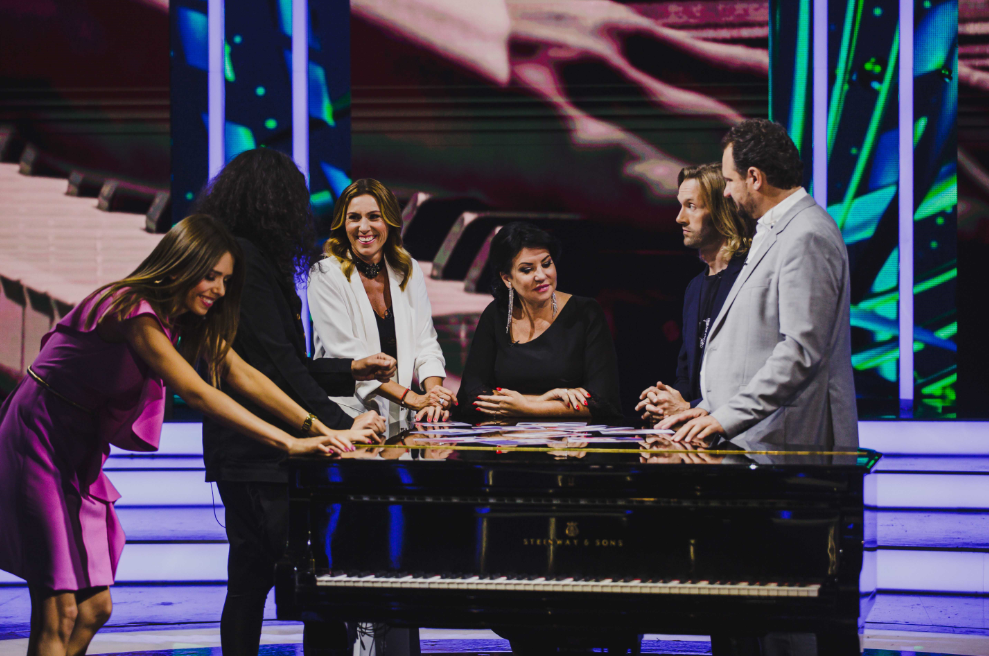
Thanks to exemplary international cooperation and diplomatic efforts, several international stars also joined the show to make a sort of “super jury” for each broadcast. In the first semi-final, Gabriel Prokofiev, the grandson of British-Russian composer and producer Sergei Prokofiev, will join the five-member international jury. On the second day of filming, Russian violinist Maxim Vengerov joins the jury, while the super-jury member of the third show is Coco König, an actress of Austrian-Hungarian descent and star of the film The Carer. Meanwhile, the special guest and member of the super jury for the “Super Final” is Maestro Plácido Domingo, who will also conduct an extended version of the show’s theme song that was composed by his son, Plácido Domingo, Jr.
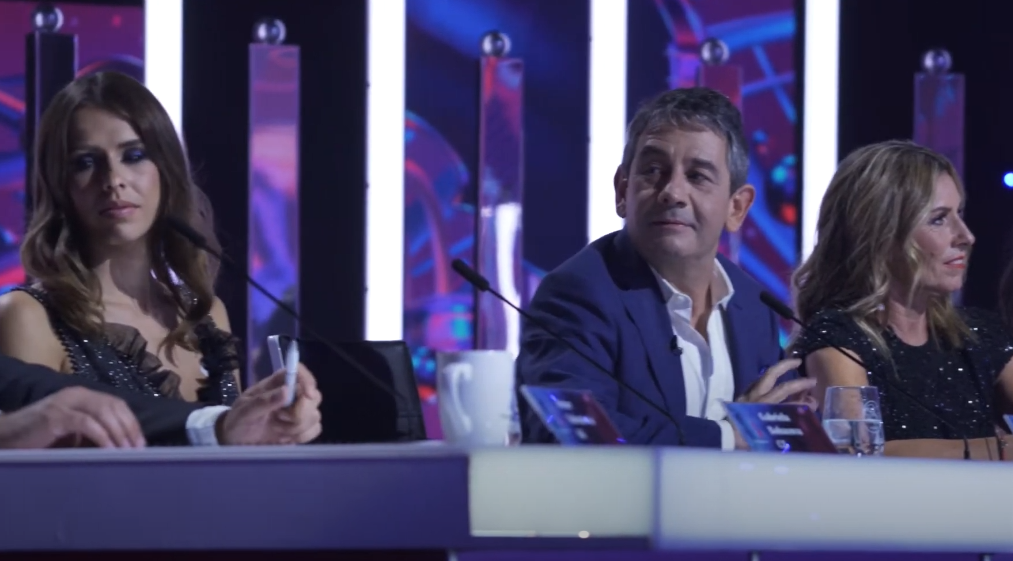
The members of the international permanent jury all represent the excellence of their homeland and are stars in their own right in their home country: Erika Miklósa, a Hungarian coloratura soprano; Alicja Wegorzewska, a Polish mezzo-soprano; Gabriela Bohacova, Czech music-festival director; and Peter Valentovic, Slovak conductor. Serbia is represented alternately by violinist Nemanja Radulovic and Silvana Grujic, the music director for Serbian public television, a pianist, and a musicologist.

Plácido Domingo Jr., who composed the theme music for the show, said that the “heroic” vibe of Hollywood classics served as his inspiration when creating the music because he believes that the performers who made it onto the show are themselves heroes — future stars of classical music.
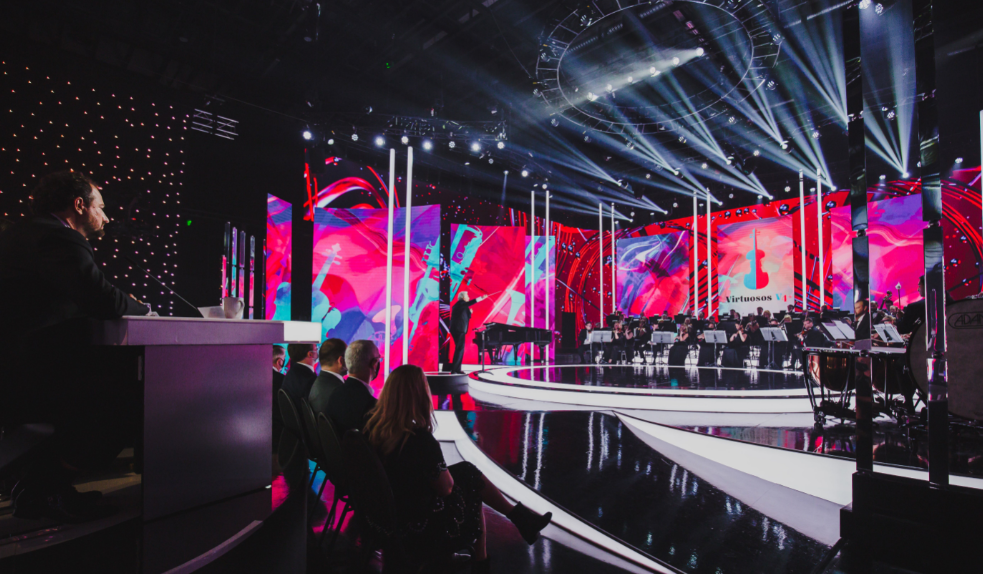
Producer Mariann Peller thanked the Ministry of Human Capacities for its support, the tireless work and commitment of the Prime Minister’s Office, Minister Zoltán Balog and his staff, the cooperation of Hungarian cultural institutes abroad, and the television channels in the participating countries that will be airing the show. She closed saying:
“Just as we have come together here “small” – or not so small – it is clear that we are all connected in this region in heart and soul. Here, on this program, the expressive tool for this connection is classical music, culture. Hungarians, Slovaks, Czechs, Poles and Serbs — We play the same language!”
